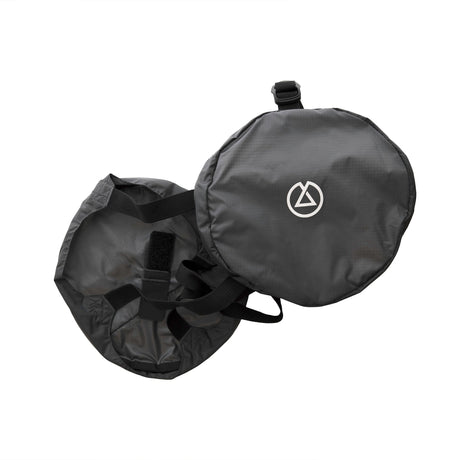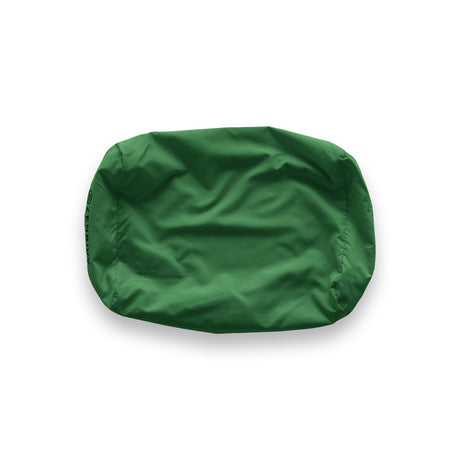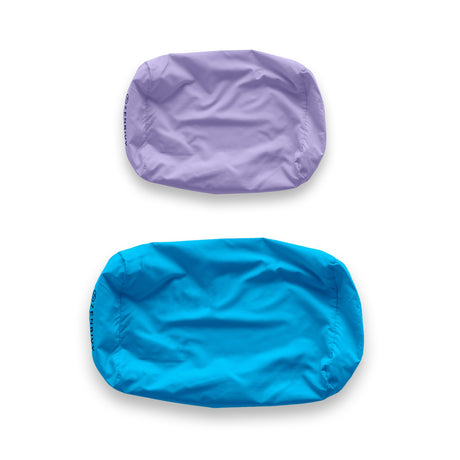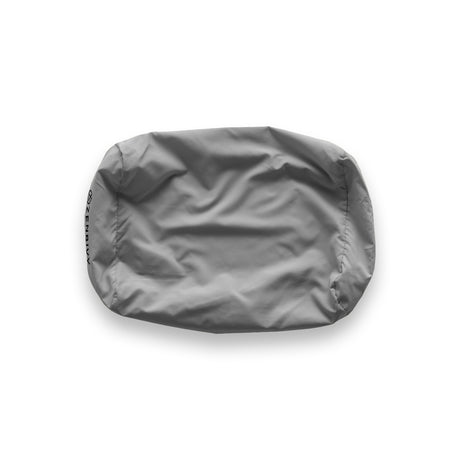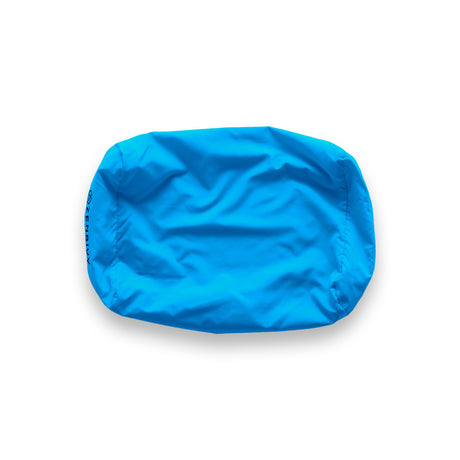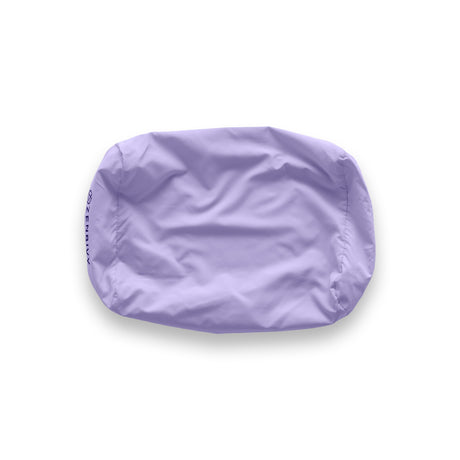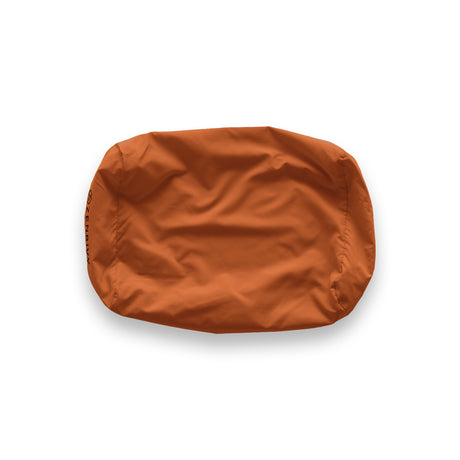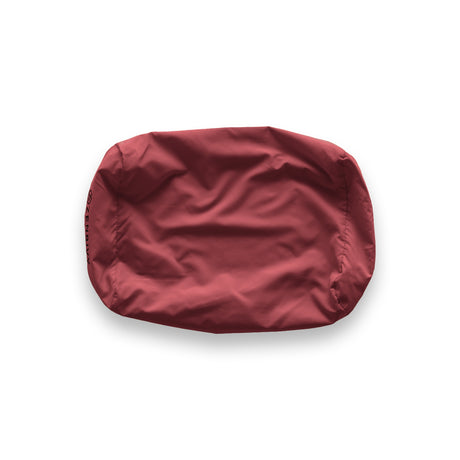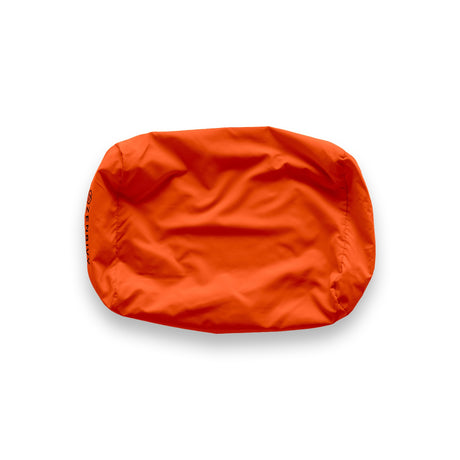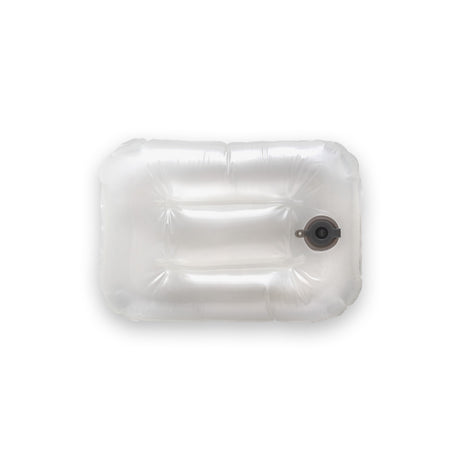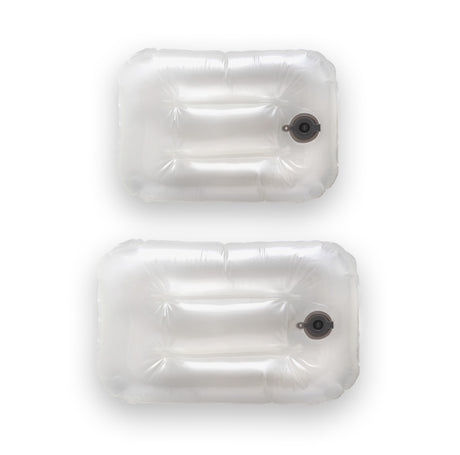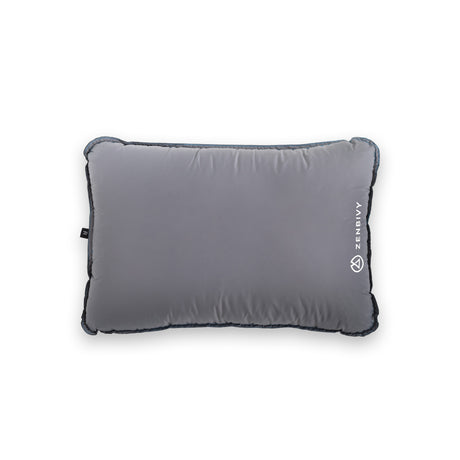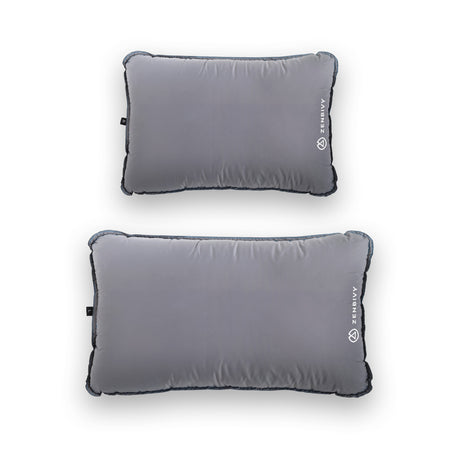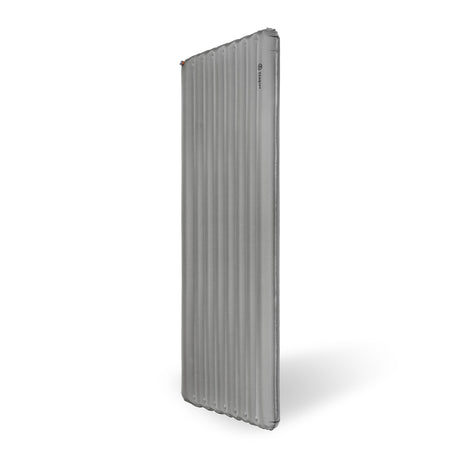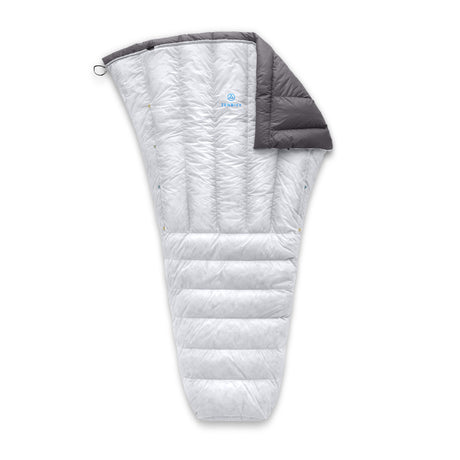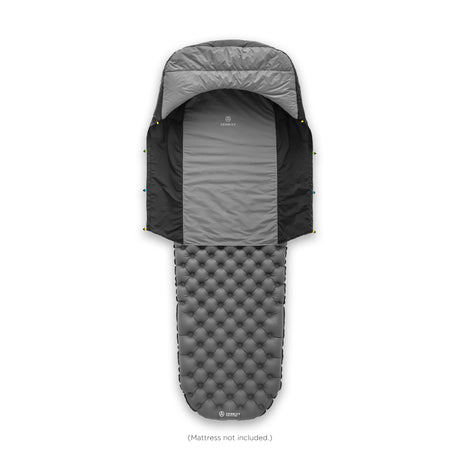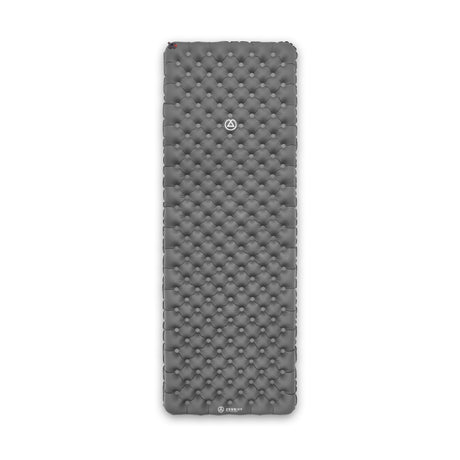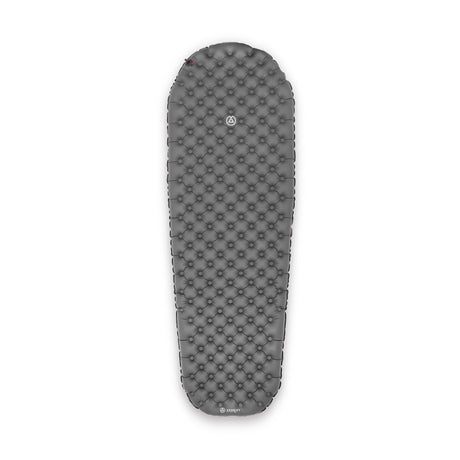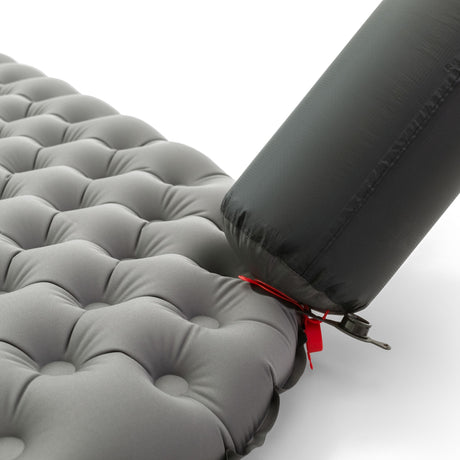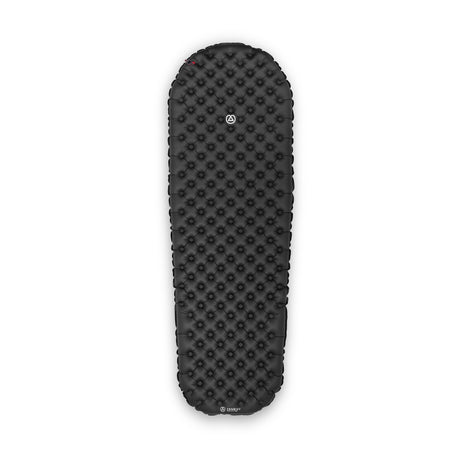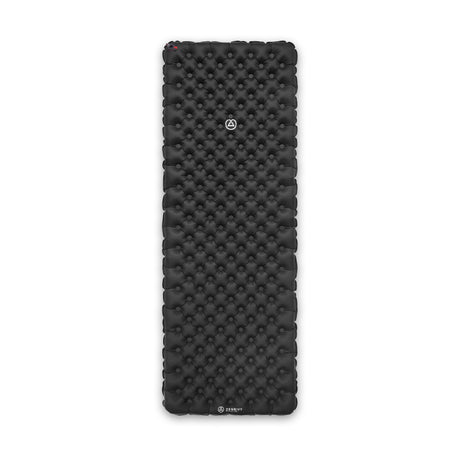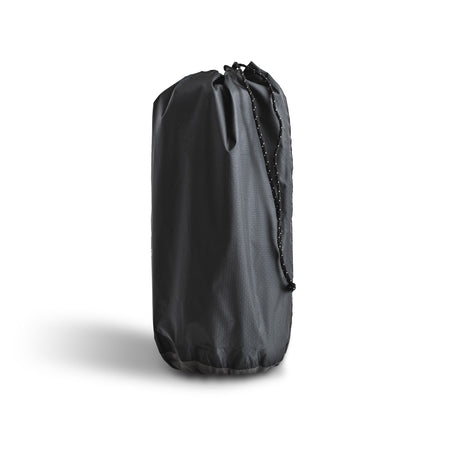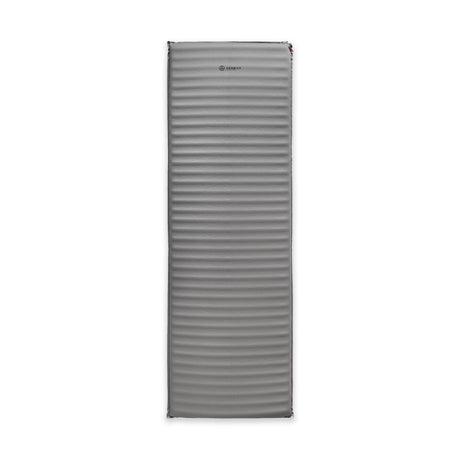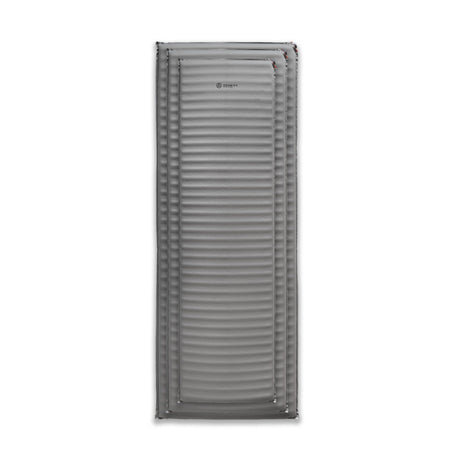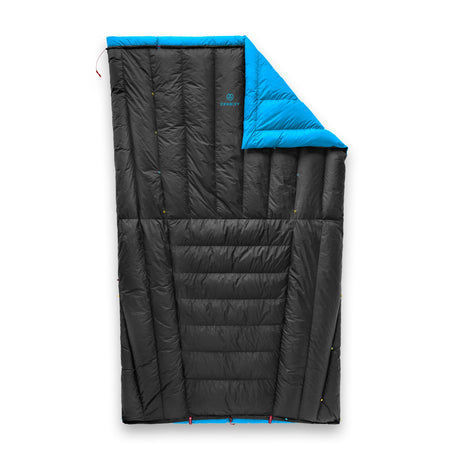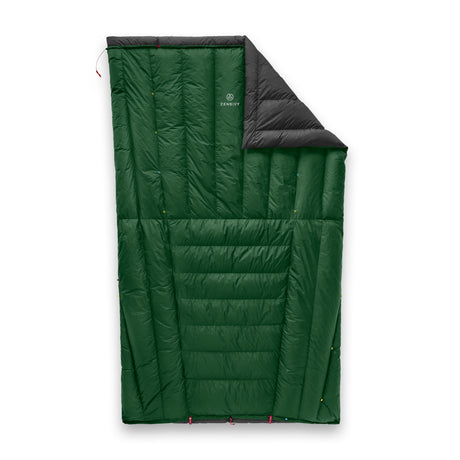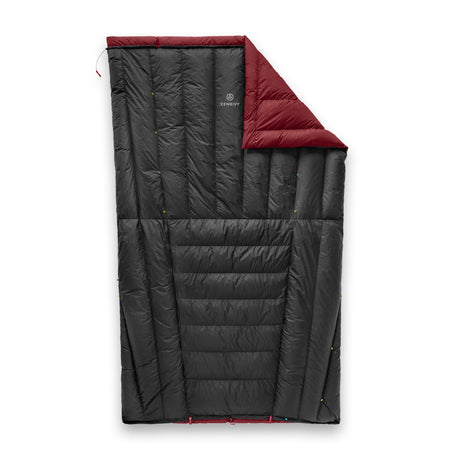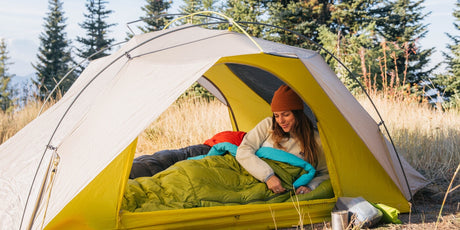1) Comfort is EVERYTHING at camp.
Backpacking is hard. Whether you're going just a few miles from the car for your overnighter or heading off on a long multi-day trek, getting to your camp at the end of the day is one of the best feelings. You can throw on a few more layers on cold evenings, break out the beer you trekked out there and kick back. But relaxing at the end of the day is a little less pleasant if you didn't plan for it. Bring an extra layer for your legs and a good jacket and bundle up when you get to camp. Pack a pair of insulated camp booties. Everyone will be jealous of how comfortable you are, and you'll forget about the extra weight carrying it all out there. One more note - Ultralight isn't everything. Sometimes a little extra weight is worth it, and it usually makes for gear that will last longer.

2) Plan only for conditions you're likely to encounter.
When I started backpacking, I planned for everything - even just for a quick overnighter. A little rain? Got my full rain suit packed. A broken leg? No problem - I've got my 3lb medical kit right here. You think it'll drop below 10°F in July? Doesn't matter, I've got a -15° F sleeping bag. Camp chair? Check. Metal camp trowel? Check. Now let's see… my pack only weighs 47lbs with all this stuff. As I continued on trips, I learned to study weather conditions and risks. Carry just what you need, and try to find items that can serve multiple uses.
When you're heading out, check the forecasted weather. You should plan to pack a sleeping bag rated for about 10 degrees below what the night will bring. You don't need a huge first aid kit - bring a basic one. Pack one extra meal in case of emergencies, but don't go overboard on food, it's heavy. Bring water filters if there's water readily available on trail and dump those gallons of water you were going to bring.

3) Catch a good night's sleep.
It's really easy to catch up on sleep in the backcountry, the sun sets early and you have no excuse to stay up late. But a surefire way to have a terrible night tossing and turning is not paying attention to your sleep system before you head out. Make sure you have a warm, comfortable sleeping pad - we recommend something with an insulation value of R5 or above. Make sure your sleeping bag allows you to sleep comfortably and move around. We'd recommend a Zenbivy, but we're also a little biased. Find a setup that's light, but not too light - comfort and a good night's sleep can be worth an extra pound in the pack. Just remember a lousy night's sleep = a terrible time hiking and hanging out the next day.

4) Follow Leave No Trace guidelines.
When I got into backpacking, I didn't even know what these were. Now they're the guidelines I live by any time I go outdoors - and they're essential. They help keep the outdoors wild and untarnished so everyone can continue to enjoy them. Take some time and read through them here: LNT.org. A few that are a little tougher and often overlooked are:
- Pack out toilet paper you use while on the trail. Some places allow you to bury it if you're digging a cathole, but in general, don't leave it out there. Nothing is worse than coming to a campsite only to see used toilet paper scattered about. Additionally, if there are pit toilets on the trail or at camp, use them.
- Avoid making social trails. If a path is muddy or wet, it can be tempting to go around. But this causes erosion and creates new pathways that weren't supposed to be there. These eroded zones can take a long time to recover, if they do, and are often the reason trails are closed down entirely.
- Don't wash in streams. It seems like food or muck disappears, but it all flows downstream to other campers, animals, etc. Carry water back 200ft from the creek and do dishes there.
5) The destination is not the only goal - enjoy the hike.
While getting where you're going is rewarding, try to enjoy the journey. Leave on your hike a little earlier so you can hike slower and enjoy the trip. Stop and smell the flowers. Take a long lunch by a creek. You won't regret it.

6) Dry gear is GREAT.
The weather may turn sour, and being prepared is vital. Nobody wants to roll into camp after a long hike and discover that everything in their pack is soaked. Get a pack liner for your backpack, a rain cover, or pack everything inside dry sacks. That way, no matter the weather, you know you’ll get to camp with a dry sleeping bag and a warm pair of socks waiting.











